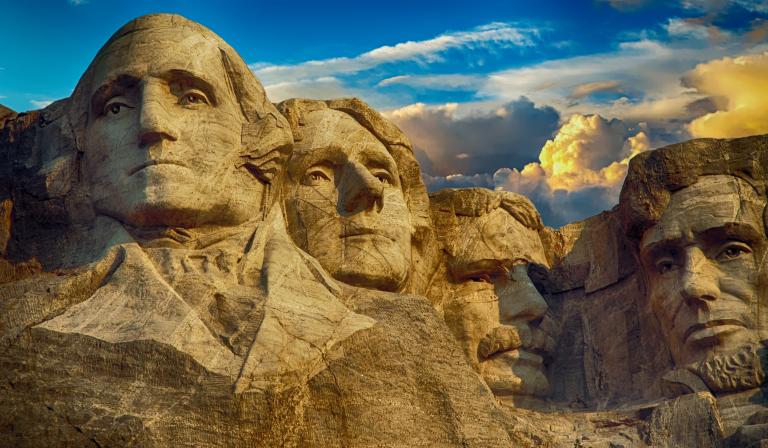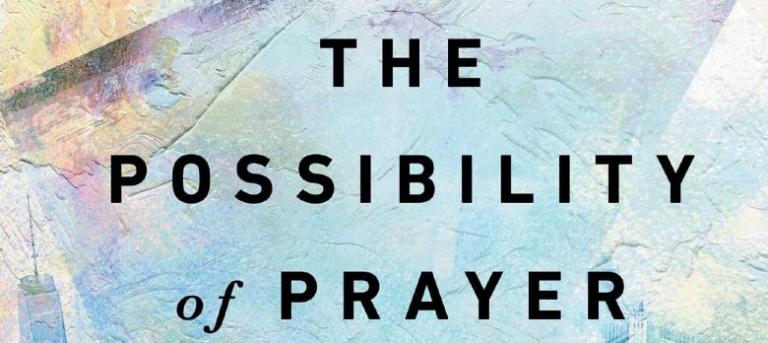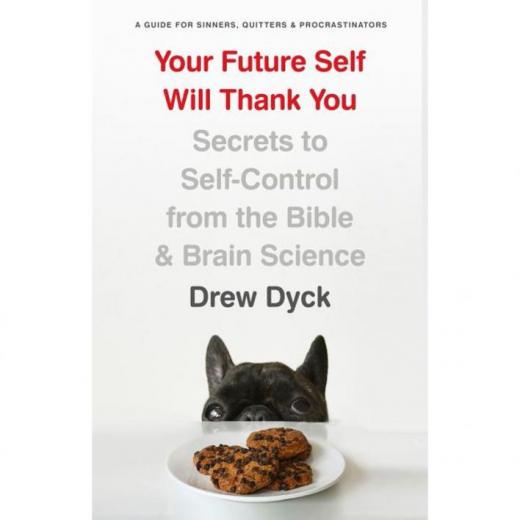
For the last three years, I have been slowly making my way through a biography of each American President. While I have not completed the journey, (I am 2/3 of the way through,) some important lessons have emerged from my reading. There are many lessons to learn from the courageous acts of the men who have served as President of the United States and also many to be learned from their flaws and shortcomings.
There are many little nuggets I could share, but these are the four main things I have learned from reading Presidential biography.
God’s Providence Governs All
We tend to look back in history and see a person’s achievements while missing the little twists and turns on the road that brought them there. In his biography of Dwight Eisenhower, Jean Edward Smith referred multiple times to fortuna, or good luck, to explain Eisenhower’s rise to power. What the world calls luck, those who read their Bibles know they are looking at the providence of God ruling the affairs of men.
Jimmy Carter nominated Paul Volcker to head the Federal Reserve in August 1979, just fifteen months before he faced reelection. At the time, inflation ran wild and was the most pressing economic issue facing the country. Many credit the Fed’s monetary policy under Volcker with suppressing inflation and helping to usher in the prosperity of the 1980’s. If Volcker had become the chairman of the Federal Reserve two years earlier, it is doubtful that Ronald Reagan would have defeated the incumbent President.
Many of our Presidents escaped close brushes with death. George Washington executed a daring maneuver on a horse that helped him survive a battle during the French and Indian War. When Thomas Jefferson was the Governor of Virginia, British troops overran his home only minutes after he escaped. Theodore Roosevelt dealt with horrible bouts of asthma as a young child and then made it through the Spanish-American War, a train wreck, an assassination attempt, and a journey down a previously unmapped river in the Amazon.
We do well to remember that we may plan, pray, and work, but the fruit of our work lies in the hands of our sovereign God. He causes kingdoms to rise and fall. He raises up leaders and removes them. He providentially guides our lives so that we walk in the path ordained for us for his glory. We work hard, but we ultimately trust in his good plan for us.
The Journey is the Best Part
Take almost any presidential biography and the most interesting material will come from the time before the subject became President. The best biography of Theodore Roosevelt is the 3-volume work by Edmund Morris. The first volume tells the story of his birth through his becoming President. The second volume covers his years in the White House and the final volume finishes his life story. The first volume of this set is not only the best of the series by far, but it is also one of the most interesting books I have ever read.
We like to focus on the peak achievements of a person’s life, but how they got there is a much better story. Harry Truman worked as a farmer until he went off to fight in the first World War. Nothing in his past up to that point suggested that he would thrive in the military, but he worked hard and performed ably as a captain in France. The experience changed his life and gave him the contacts that he needed to get involved in Missouri politics. I’m sure that I will find the story of his deciding to drop the atomic bomb riveting, but as a guy who grew up in a small town, to hear about his labor in obscurity captivated me.
We live in a culture where everyone wants to be famous and make a name for themselves. You don’t even have to be talented to do it either. However, there is much joy to be found in taking the corner of the world for which we are responsible and chipping away at it every day. We can bring glory to God and make an impact on the people around us by working hard at our jobs, showing kindness to our neighbors, loving our families, and serving our local churches.
Fathers Can Create Wounds That Last a Lifetime
I have always been interested in history and decided to embark on the project of reading a biography of every President after reading a post on The Art of Manliness called, “The Fists of Teddy Roosevelt.” The first biography I read was of him and one of the things that struck me early on was his father’s tender care and devotion to him. His father walked him up and down the halls caring for him when he had asthma attacks as a young boy, but also gave him the great challenge of his life when he was twelve. His father told him that he had a great mind, but a weak body, and eventually his body would hold his mind back. Therefore, he must make his body. This challenged Roosevelt to become the man he became.
Roosevelt’s father was a blessing to him, but some of our greatest Presidents either did not know their fathers or labored for years under scars their fathers created. Ronald Reagan’s father was a drunk who often struggled to provide for his family. One day, around the time he was 12-years-old, Reagan tripped over something in the snow as he came home. It was his father passed out on the porch, and young Ronnie could not get his father inside, so he had to leave him there. Throughout the years, Reagan proved to be a difficult man to truly know, and you cannot help but wonder how his father’s neglect affected him for the rest of his life.
Sometimes my reading of one President’s biography sent me off reading about the period around the times in which he lived. Reading Doris Kearns Goodwin’s biography of Franklin Roosevelt, No Ordinary Time, got me interested in some of the other major figures in World War 2. This past year I have been reading through a three-volume biography of Churchill titled, The Last Lion. In the first volume, William Manchester details the relationship between Churchill and his father Randolph. Churchill idolized his father, even as his father continued to go mad from syphilis, which he contracted due to a prank some friends played on him when he was younger. Churchill longed for the affirmation of his father and never received it. When he garnered an achievement, his father castigated him for not getting more. He still idolized his father, but the wounds seem to have never gone away.
For those of us who are tasked with raising children, we must do two difficult things. First, we must accept our call to love our children, teach them faithfully, and discipline them consistently. We are responsible before the Lord for their souls, yet, we could do a perfect job of parenting and it still takes God’s grace to make it effective. Therefore, we do the hard work of teaching and trust the Lord to change their hearts. We must see, though, that our example matters. Our time with them matters. The way we treat them matters.
Even the Greatest Men Have Glaring Flaws
It’s easy to admire men from a distance and assume that they succeeded in life because they had their act together. However, nothing will shatter your image of a person like reading a biography of them. I’m not sure who coined the phrase “The best of men are men at best,” but we should apply the term to all of our heroes.
We could start with the most obvious, many of our nation’s greatest heroes held views on race that we cannot excuse. At least five different Presidents owned slaves, including Thomas Jefferson who fathered multiple children by one of his slaves, Sally Hemmings. This was not simply an 18th or 19th-century phenomenon either. Woodrow Wilson and Harry Truman expressed views on race that run contrary to what we know about the image of God. Even Theodore Roosevelt, who made headlines when he invited Booker T. Washington to dine at the White House, grossly mishandled an incident involving black soldiers in Texas.
Unfortunately, we would not want to follow the example of some of our Presidents as husbands or fathers either. John Adams sometimes spent years overseas apart from Abigail and once took two of their young sons with him, separating them from their mother for over a year. Several Presidents carried on committed adultery both before and during their White House years.
We look at the failures and flaws of our heroes, not to cut them down to size, but because we need to learn from them, each one of us has feet of clay and are susceptible to all manner of sins. When we read about the bad example of someone we admire, rather than following them in their folly or feeling superior because we have never been down that road, we learn from them, praying that God would fill us with wisdom for our own journey.
(If Presidential biography interests you, this list is a great place to start. There have been some new biographies come out in the last few years and I disagree with the list in a couple of places. I would read these biographies of John Quincy Adams, Ulysses S. Grant, James Garfield, and George H.W. Bush rather than the ones listed. Also, if you want a good, short biography to get you started, I would go with Destiny of the Republic by Candice Millard. It is about the life of death of James Garfield and is a fascinating read.)
Related Posts:
“How to Make More Time to Read”












